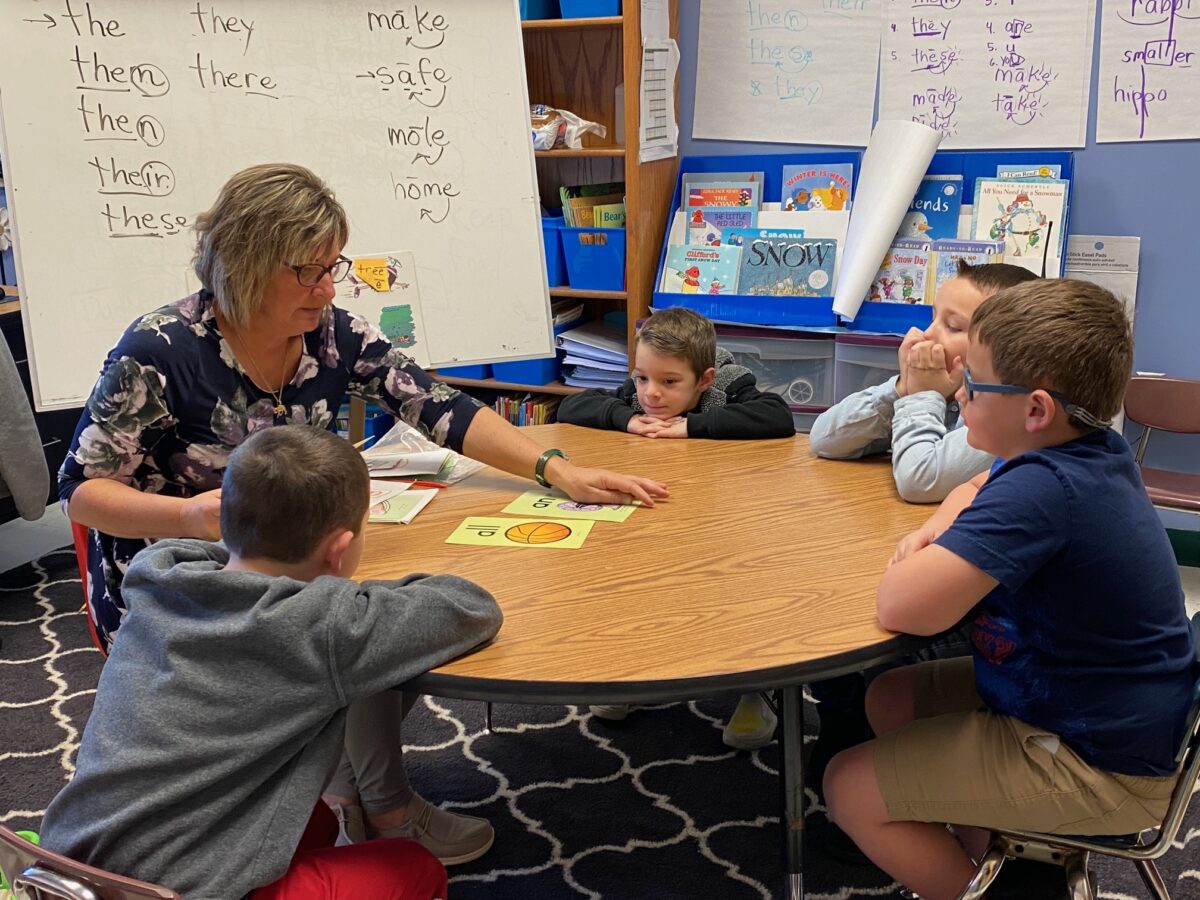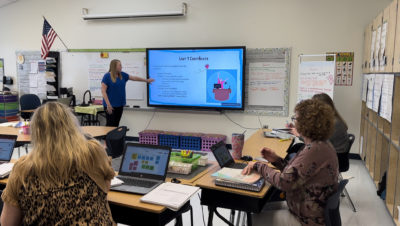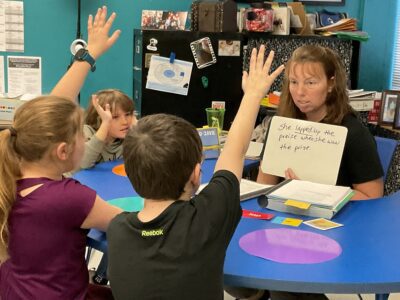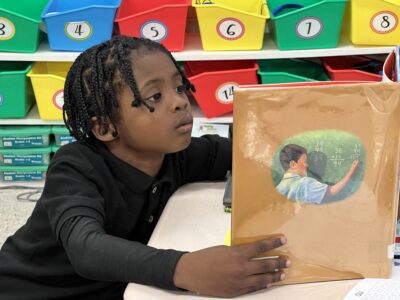

Share this story
Reading is foundational to a child’s academic and career success, so when pre-pandemic data reflected how many of our students were entering high school unable to read proficiently, a new approach was needed.
The work to change the status quo and improve students’ reading started on January 1, 2021, when I took office and when our agency – the N.C. Department of Public Instruction (NCDPI) – identified early literacy as a critical strategy to raising the quality of education in our state.
This month, as we commemorate the two-year anniversary of this work beginning in the districts, I’m proud to say that we’re seeing tremendous gains achieved by students during the second full year of implementing this statewide initiative.
Educators are to be commended
While legislation, called the Excellent Public Schools Act, laid the foundation to change the trajectory in our state, it’s the K-5 teachers and administrators who are to be commended as they have wholly embraced the extensive training included in the legislation, which is based on decades of research called the “science of reading.”
This professional development — called Language Essentials for Teachers of Reading and Spelling (LETRS®) — has been a critical investment in both teachers and students. In addition to covering topics like speech sounds and language acquisition, LETRS® places a heavy emphasis on phonics, which is considered an essential component of teaching a child to learn to read.
In June of this year, we hit a significant milestone with LETRS®, as 29 North Carolina school districts completed this rigorous professional learning.
Cumulatively, this feat amounts to nearly 10,000 kindergarten through fifth grade (K-5) educators, 870 pre-kindergarten (pre-K) educators, and more than 500 administrators who have invested in themselves so that they could improve outcomes for our state’s youngest readers. With the remaining districts set to complete the professional learning coursework by the summer of 2024, we are optimistic that more good news awaits us in the form of student gains in reading proficiency.
The impact on student-level data
Student-level data from this second full year of implementation also positively aligns with what our teachers are learning and applying day to day.
Data beginning in August 2022 has consistently shown that North Carolina’s students in early elementary grades continue to show incredible improvements in foundational literacy skills.
In a recent report published in August of this year, data shows that North Carolina students continued to show growth from beginning of the year to end of the year and that growth outpaced the nation. The results of the final assessment in the 2022-23 school year showed incredible improvements from the start of the year, with the percentage of students who measured “on track” more than doubling in kindergarten, increasing by 22 percentage points in first grade and by 13 points in second grade. Student outcomes organized by subgroup show continued improvement as well — as white, Black, Hispanic, Asian, and American Indian students outperformed the national userbase of students with end of year gains.
Our next steps
To sustain these improvements, the agency and the state are committed to creating additional systems of support and providing investments needed to truly create the changes we desire to see.
Funding so far, dating back to fiscal year 2021-22, is approximately $165.3 million. This includes LETRS® professional development for pre-K through fifth grade teachers in addition to other school leaders, as well as funds to cover substitutes or stipends for teachers attending the trainings, while also supporting literacy intervention plans and the hiring of 115 early literacy specialists.
I see each of these components as a critical way we can improve the quality of education in our state for all learners, and it demonstrates our commitment to the long-term success of reading improvement. Many other states have not been able to offer this level of comprehensive support or investment to improve reading outcomes, but I know these additional layers we are providing will enable us to continue providing a better approach to teaching reading in our schools.
While I am thrilled at the progress we have made since September 2022, there is real and substantive work ahead of us. To aid us in this process, the agency is in the midst of hiring one literacy specialist for each of the 115 school districts, and I’m proud to share that we have more than 100 hired already. These individuals will become LETRS® facilitators and serve as a collaborative partner between the agency and each district, providing district- and school-level coaching, real-time feedback, and information to both school staff and parents.
Additionally, the Office of Early Learning has created the North Carolina Science of Reading Alignment Tool to support educators in selecting high quality instructional materials that will determine the level of curriculum alignment with evidence-based literacy practices. In the event materials are not fully aligned, this tool allows us to see the areas within the curriculum that need to be supplemented to achieve optimal alignment.
As part of our next phase, we hope to also equip middle school teachers with the skills they need to support struggling readers that were not able to receive instruction grounded in the science of reading. Discussions are underway with key education policymakers on this front, and we look forward to continuing them in the legislative short session.
Why I am inspired
As we celebrate the successes achieved in year two through implementing the science of reading, I am inspired.
I’m inspired by the time and energy devoted by North Carolina’s teachers and administrators to honing their craft.
I am inspired by how quickly we’re seeing students absorb these foundational skills and apply them.
I’m inspired by the progress we’ve made in such a short time, and I can’t wait to see how this work continues to benefit North Carolina’s students for decades to come.
The future is brightest for students in our state who are confident, capable readers. Because of the hard work underway, and the systems and processes in place to sustain the momentum, I am positive that we will continue improving literacy outcomes for all students in our state.




